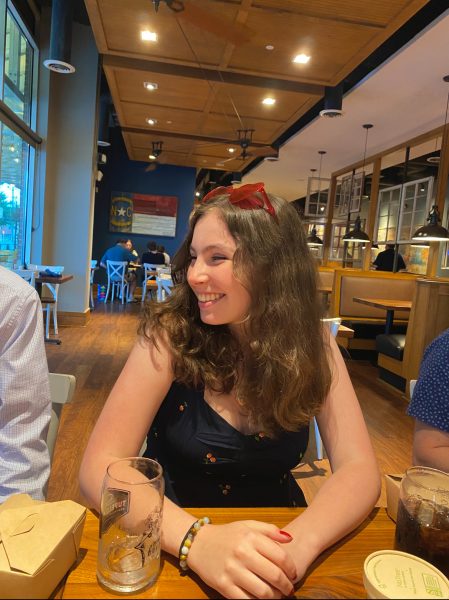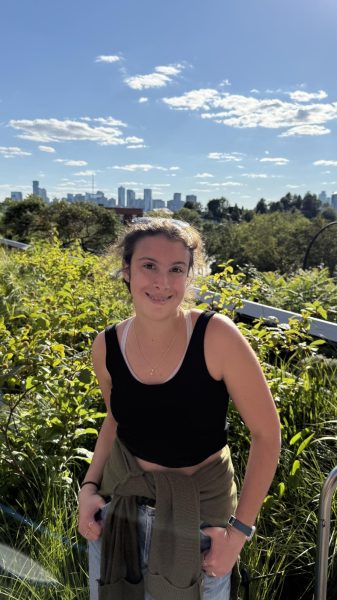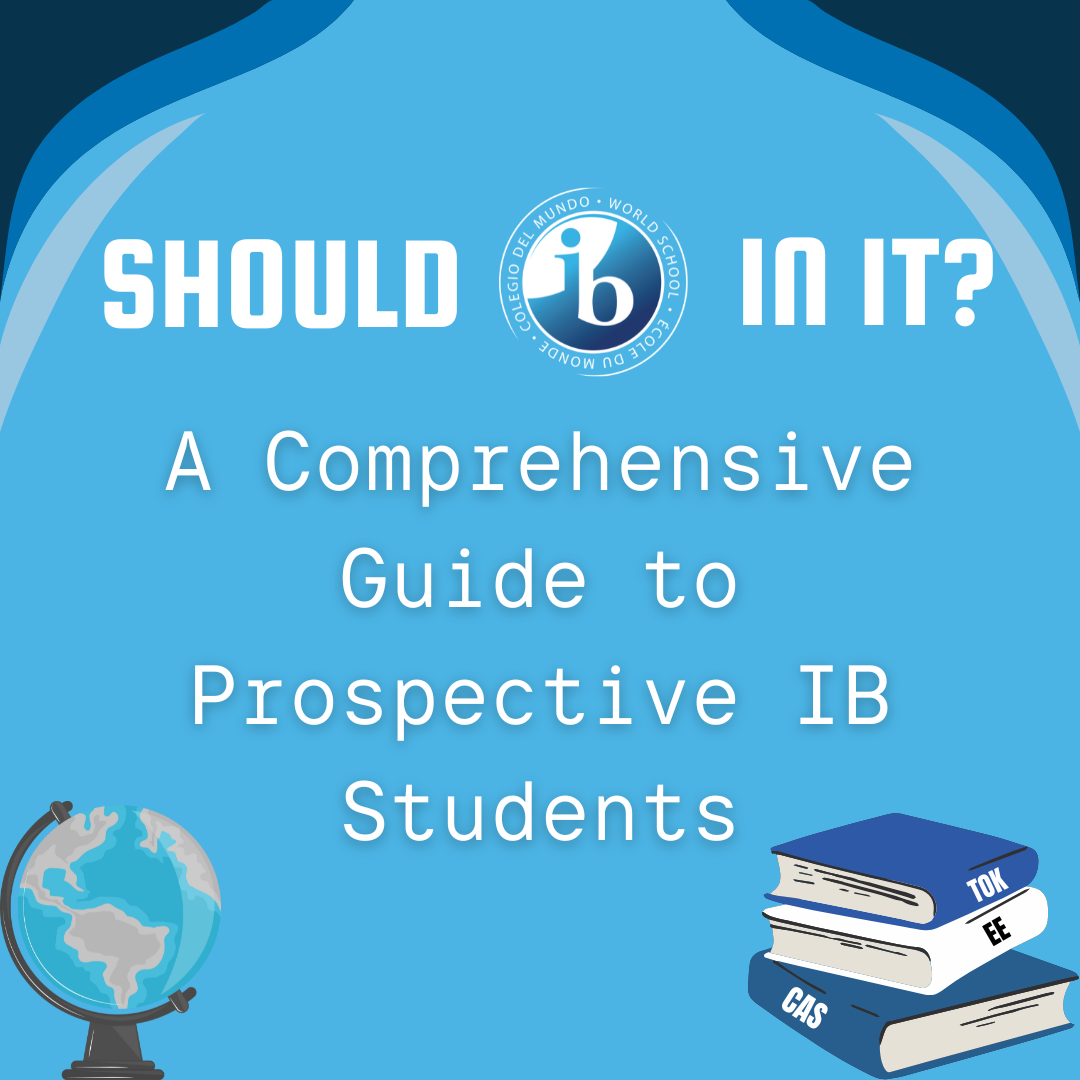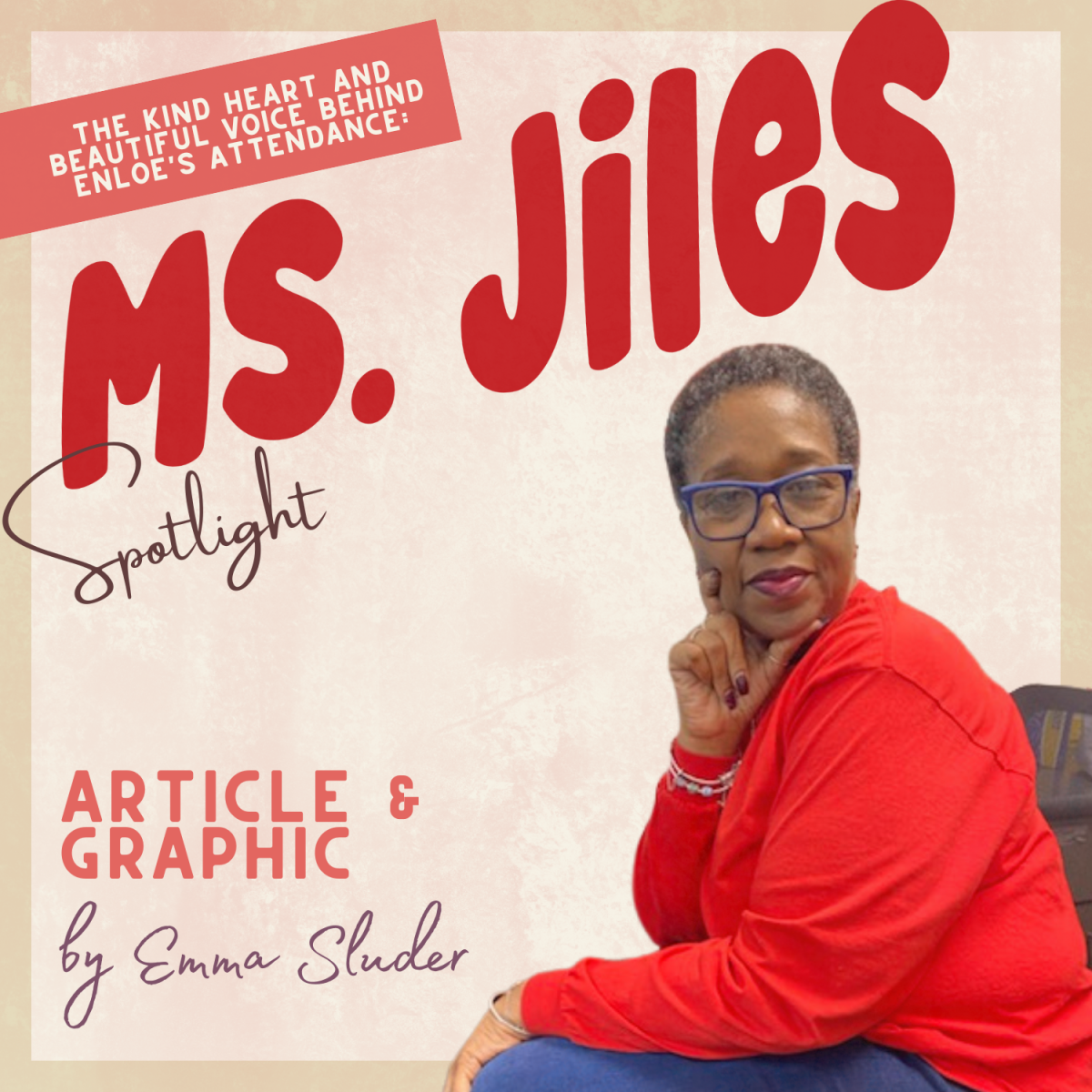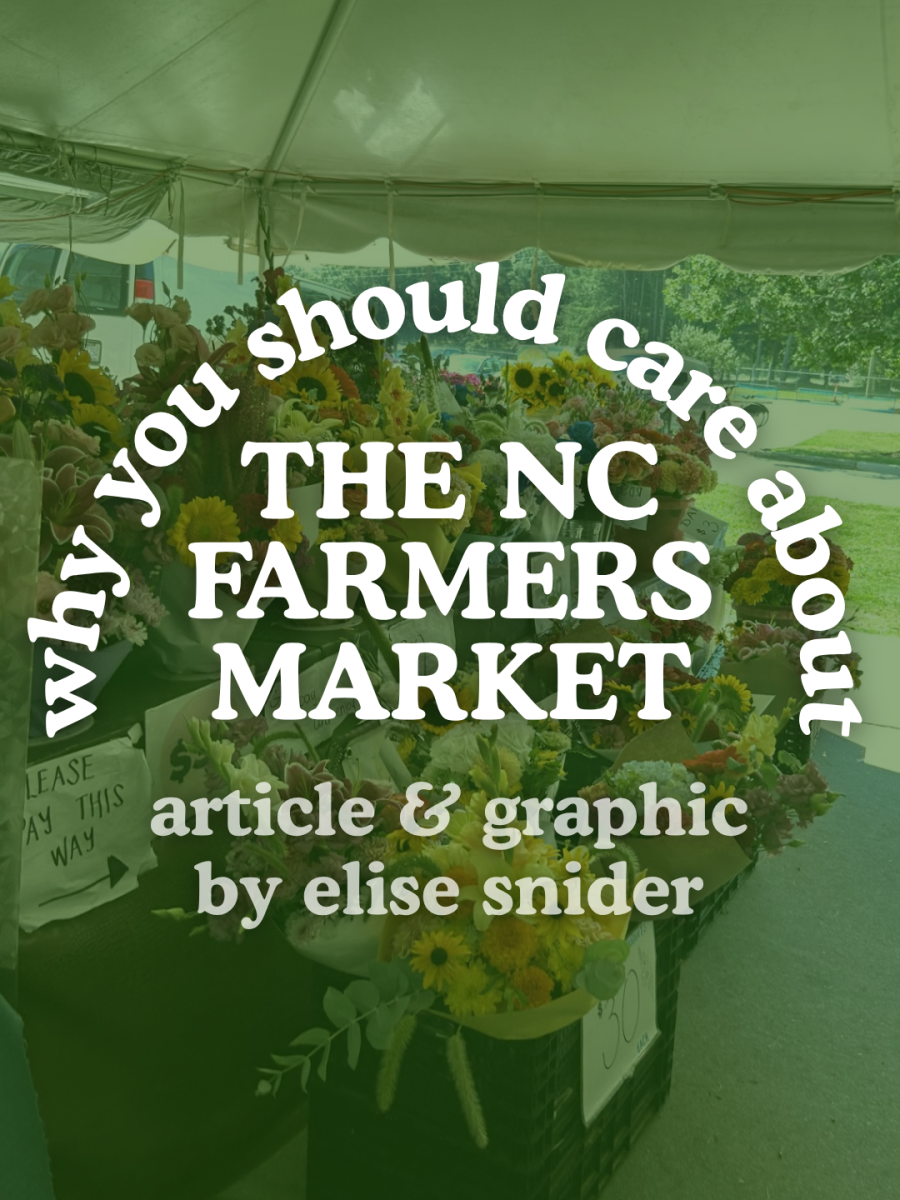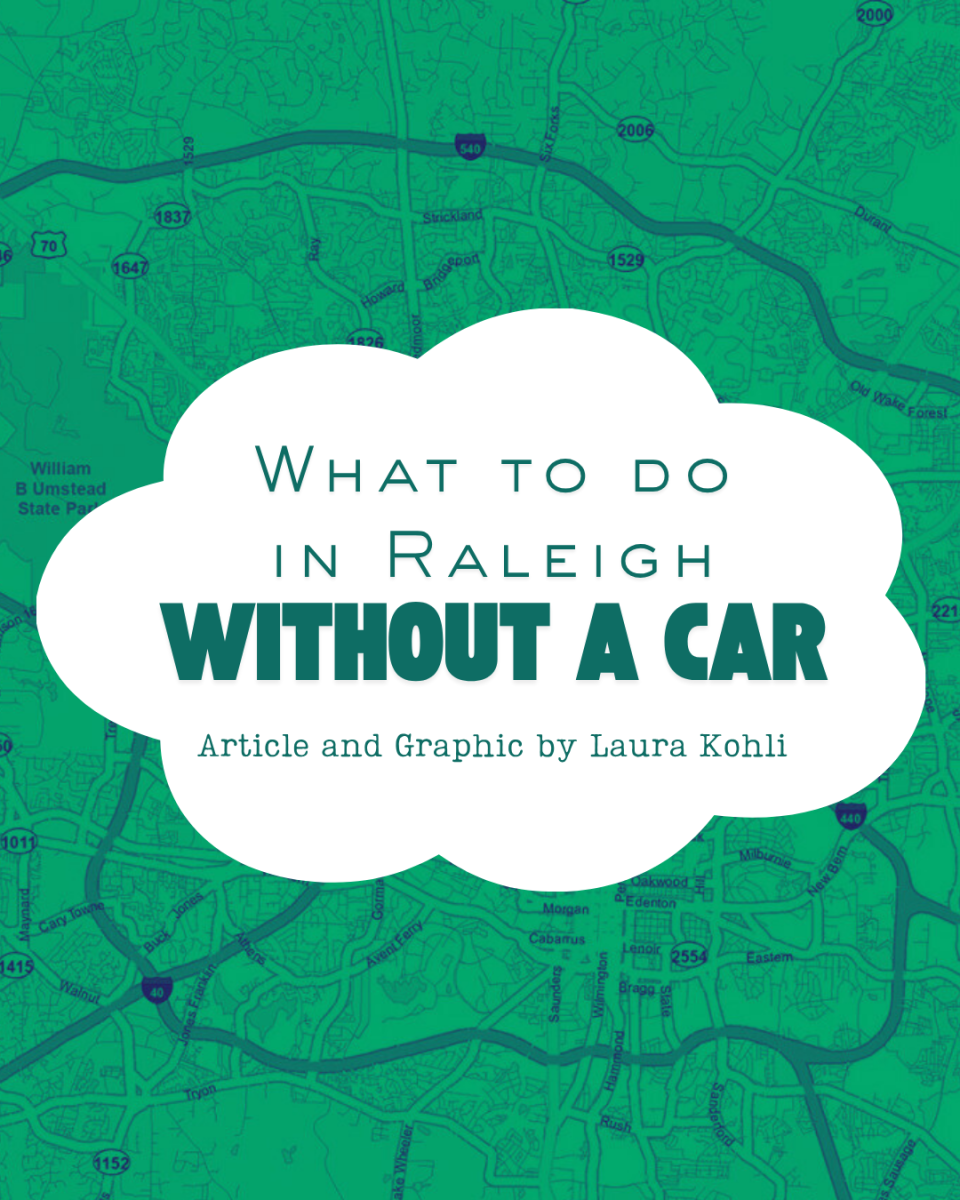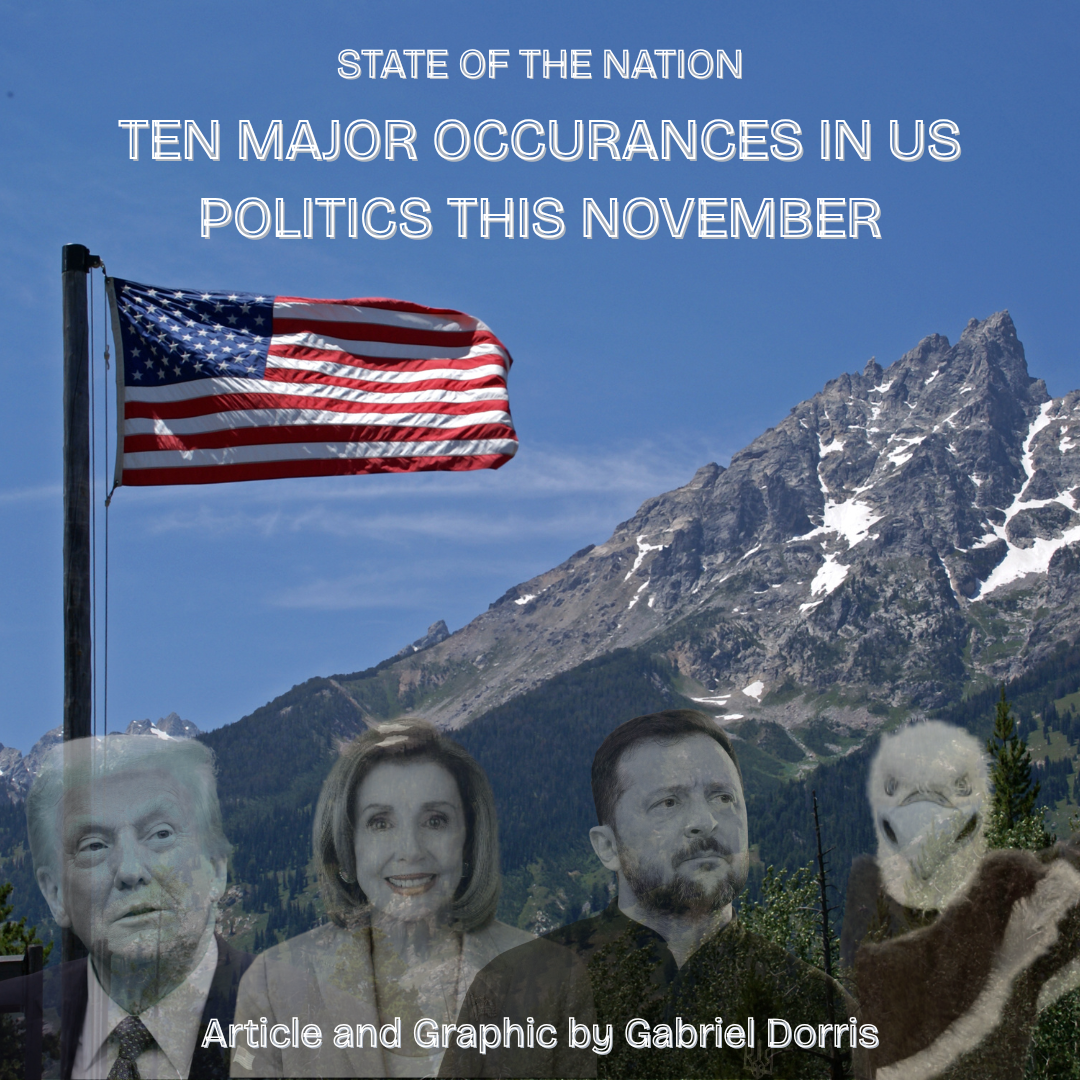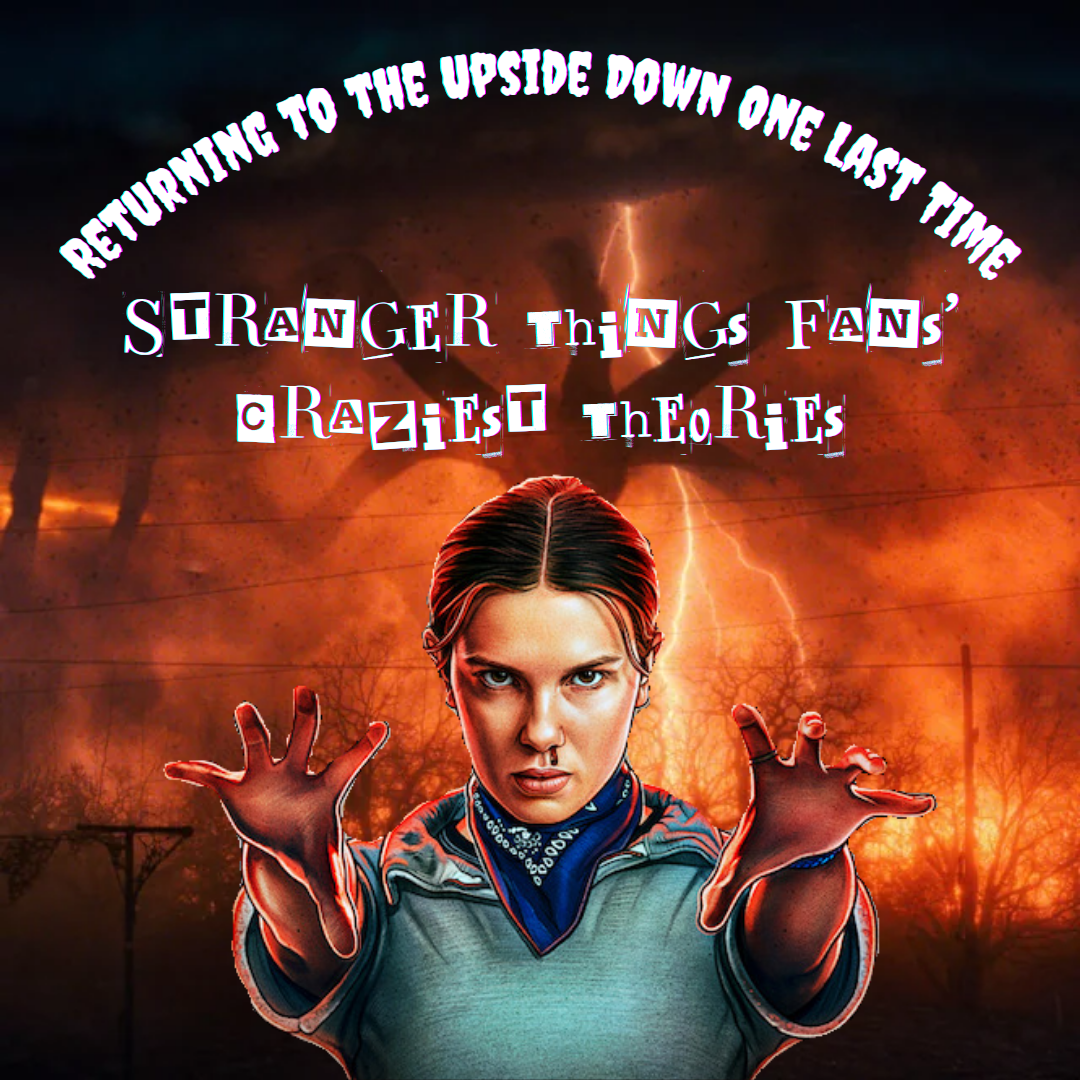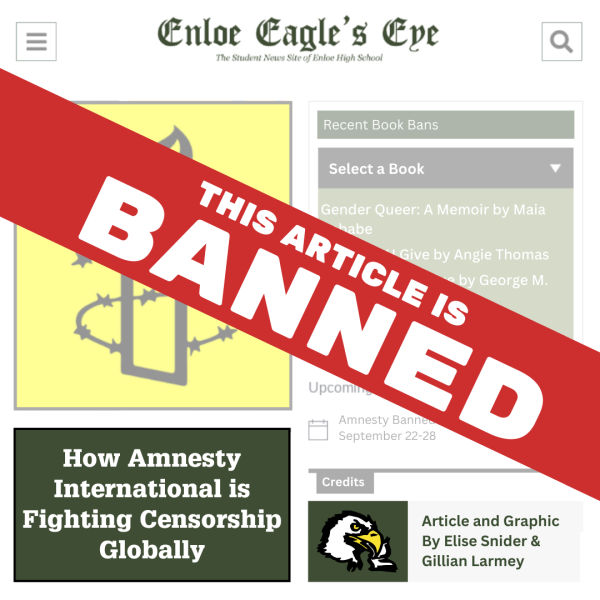
It’s no secret that Enloe students are very passionate about current events. Scroll through social media or listen to class political discussions and you will see students sharing their opinions freely and openly. But in other parts of the world, people aren’t so lucky. On the ground, during a crisis, many are scared to speak out and those who do are often silenced.
“A lot of times, criticizing the government can get you censored pretty quickly.” Says Stella Paccione, co-president of Enloe’s Amnesty International Club, a grassroots organization that anyone can join, with a focus on research and advocacy. They host meetings on the first and third Tuesday of every month, where they educate members about different topics centering human rights and social issues.
Every year, during the last week of September, Amnesty highlights thirteen different authors, artists, and journalists that have been censored. This week has a long history, much like the bans it fights. As long as there have been people sharing their ideas, there have been others trying to silence them. Amnesty believes that a free press and publication supports a free world, so they fight for the rights of these individuals by traveling around the globe to report on human rights abuses. But the local chapters look a little different.
Enloe’s Amnesty International club had a meeting on September 17th, which centered around artists facing censorship, and those that have been sent to jail or prison.
“There was a filmmaker who documented different protests happening in China during the pandemic, and his stuff has been very, very censored. Ananya, [a board member of Enloe’s Amnesty International], she went [online] yesterday, and she could find a screen recorded clip of a trailer of it. Then she went back and tried to find it again today, and it was gone,” Paccione describes just how intense censorship can be. Governments can act swiftly and strongly to take down anything they don’t agree with.
Real people are affected when stories aren’t told. This is why Amnesty tries to focus on thirteen individual cases in addition to the broader issues. It makes the impact clearer and adds nuance to the discussion by illustrating exactly how complex topics and resistance are interwoven in art. But how are these issues relevant to Enloe students? Sure, we see some activism online for global issues, but most students rarely think about banned books. Wake County has mostly struck down ban proposals in the past, but this is subject to change.
“That’s why people are making such a big deal about the superintendent race right now…I know one of the candidates [Michelle Morrow] is a member of Moms for Liberty. So that could definitely put Wake County in a more vulnerable position, because as far as counties go, we’re one of the more liberal [ones] in North Carolina” says Paccione.
Mom’s for Liberty is a right-wing, Florida-based group that advocates for more parent input in government. Recently, they have put increased pressure on teachers and librarians across the country to verify that library books align with their ideology. This includes banning books about LGBTQ+ identities, gender, and race. If Morrow were to be elected, local book bans would likely increase. That’s why Amnesty focuses so much on letter writing and education; it gives students an opportunity to speak to the organization directly and understand both local and global manifestations of these issues.
“Petitions are great, but letters are ten times more impactful.” Paccione said at the meeting. Letter writing allows students to have their perspectives heard. Just like the Amnesty case studies, they put a story and a name behind a voice.
Many often doubt the effectiveness of letter writing. Amnesty frequently hears these concerns, but Paccione’s response revealed a lot: “It might seem very small, but who knows? Maybe it was one of our letters that was the tipping point.”
While we don’t know what local censorship will look like in the future, Wake County has a history of combating silenced stories. “Our teachers are very strong…if [Morrow] does get elected, I think there’ll be a lot of pushback, especially from our county and our school. So that might make Banned Books Week even more relevant than it has been in the past, especially for our community.” states Paccione. Book bans and censorship will continue to plague schools for years to come, but as long as there are silenced stories, there will be Enloe students ready to fight for them.


